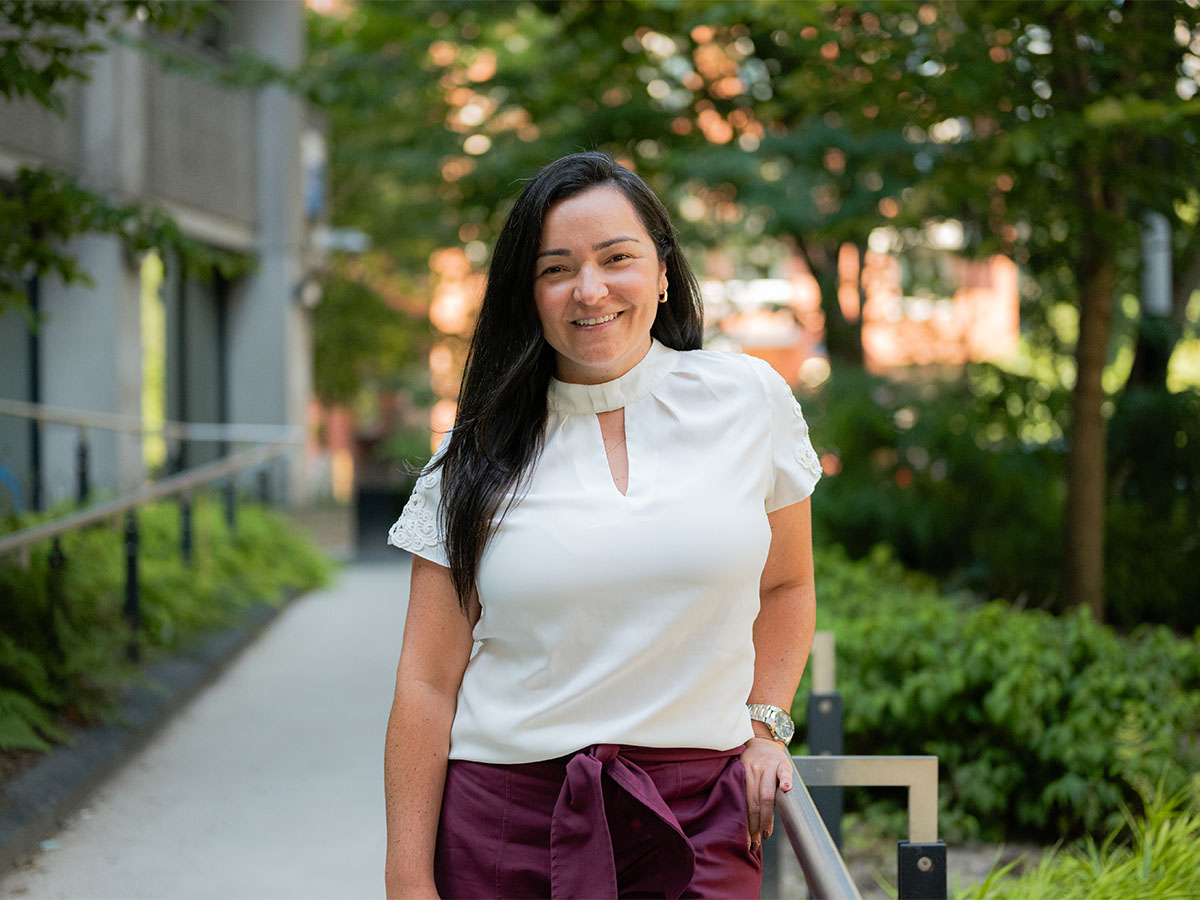
I received my BSc. and MSc. (UFRJ) degrees from Brazil and my PhD in Computer Science from the University of Waterloo in Canada. I joined Toronto Metropolitan University in 2024 and am currently an Assistant Professor in the Department of Computer Science.
My primary research interest is in software engineering, particularly the intersection of software engineering and AI-driven development to enhance and transform how software is designed and implemented.
"We can only see a short distance ahead, but we can see plenty there that needs to be done."
Research Interests
Software Engineering and AI-Driven Development
Human-AI Interaction
Context-Aware Computing
Autonomous Systems and Adaptive AI
Contextual LLMs
Publications
For the full publication list, please refer to my Google Scholar.
Teaching Philosophy
My teaching philosophy centers around creating an inclusive, dynamic, student-centered environment that promotes active learning and curiosity. Drawing from over 15 years of industry experience and a solid academic foundation, I aim to bridge the gap between theory and practice, enabling students to connect foundational knowledge with real-world applications. I believe in the power of collaboration, co-creation, and building trust within the classroom, ensuring students feel empowered to explore their interests in software engineering and STEM fields. Through experiential learning and the integration of innovative teaching methods, I strive to equip students with technical and critical thinking skills that support their career aspirations. Moreover, I value student feedback and continuously get training and adapt my teaching to enhance clarity and engagement. Future technology developers must be prepared to contribute to our evolving society responsibly.